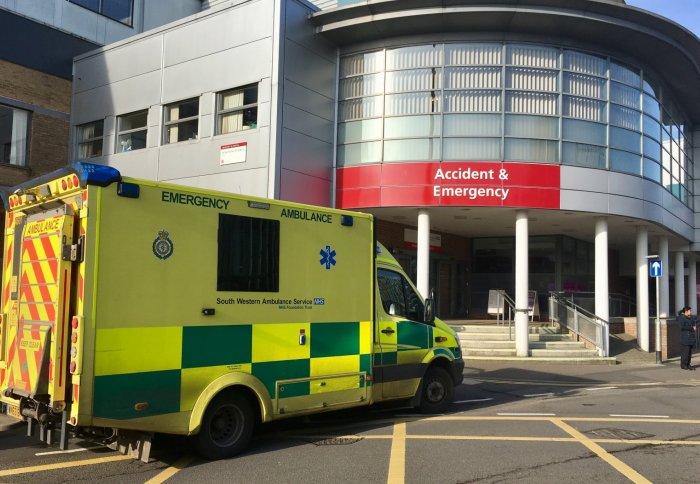Changing GP opening hours unlikely to ease rising burden of A&E visits

A new study has found no correlation between satisfaction with GP opening hours and the number of visits to A&E in England.
The observational study was led by Imperial College London and is published today in BMJ Quality & Safety.
Lead author Dr Thomas Cowling from Imperial and colleagues compared patients' experiences of GP surgeries with the number of A&E visits in their areas in England from 2011-2012 to 2013-2014. They examined reports from NHS England's annual GP Patient Survey, and included patients registered to 8,124 GP surgeries.
They measured how satisfied patients were with three factors at their GP surgeries: the ease of making an appointment with them, their opening hours, and patients' overall experience. They then matched the responses with A&E departments in their area to observe any correlation with the number of visits to A&E.
The government must find alternative ways to handle current pressures on A&E departments. For example, we could improve access to GP appointments during normal opening hours, instead of spending scarce NHS resources on extended opening schemes.
– Professor Azeem Majeed
School of Public Health
Overall, areas where patients were happier with the ease of making appointments, which could be for example by using online booking systems, saw slightly fewer visits to A&E.
However, satisfaction with surgery opening hours and overall patient experience seemed to have no impact on A&E visit rates.
The study suggests that better satisfaction with GP hours, for example because of extended opening hours proposed by the government, does not affect the number of visits made to A&E in their geographical area. However, making the appointment booking process easier for patients was associated with slightly fewer A&E visits in that area.
The authors say their research might call into doubt the government's proposals to extend GP surgery hours, and supports finding alternative options to ease the burden on A&E departments.
The authors measured satisfaction with opening hours without linking them explicitly to daytime weekday, or evening and weekend, appointment availability. They hypothesise that although weekend and evening appointments are convenient for healthy, working aged adults, those who are likely to need medical attention more urgently are older people or those who are chronically ill and not currently working full time.
Alternative actions
Senior author and practicing GP Professor Azeem Majeed from Imperial's School of Public Health said: "The government must find alternative ways to handle current pressures on A&E departments. For example, we could improve access to GP appointments during normal opening hours, instead of spending scarce NHS resources on extended opening schemes."
Dr Cowling, also from Imperial's School of Public Health, said: "It makes sense to think that extending GP hours will ease the burden on other NHS services, but our study suggests this might not be the case with A&E."
"Patient experience of general practice and use of emergency hospital services in England: regression analysis of national crosssectional time series data" by Thomas E Cowling, Azeem Majeed, and Matthew J Harris, published 22 January 2018 in BMJ Quality & Safety
Image credit: Imran's Photography/Shutterstock.com
Article text (excluding photos or graphics) © Imperial College London.
Photos and graphics subject to third party copyright used with permission or © Imperial College London.
Reporter
Caroline Brogan
Communications Division